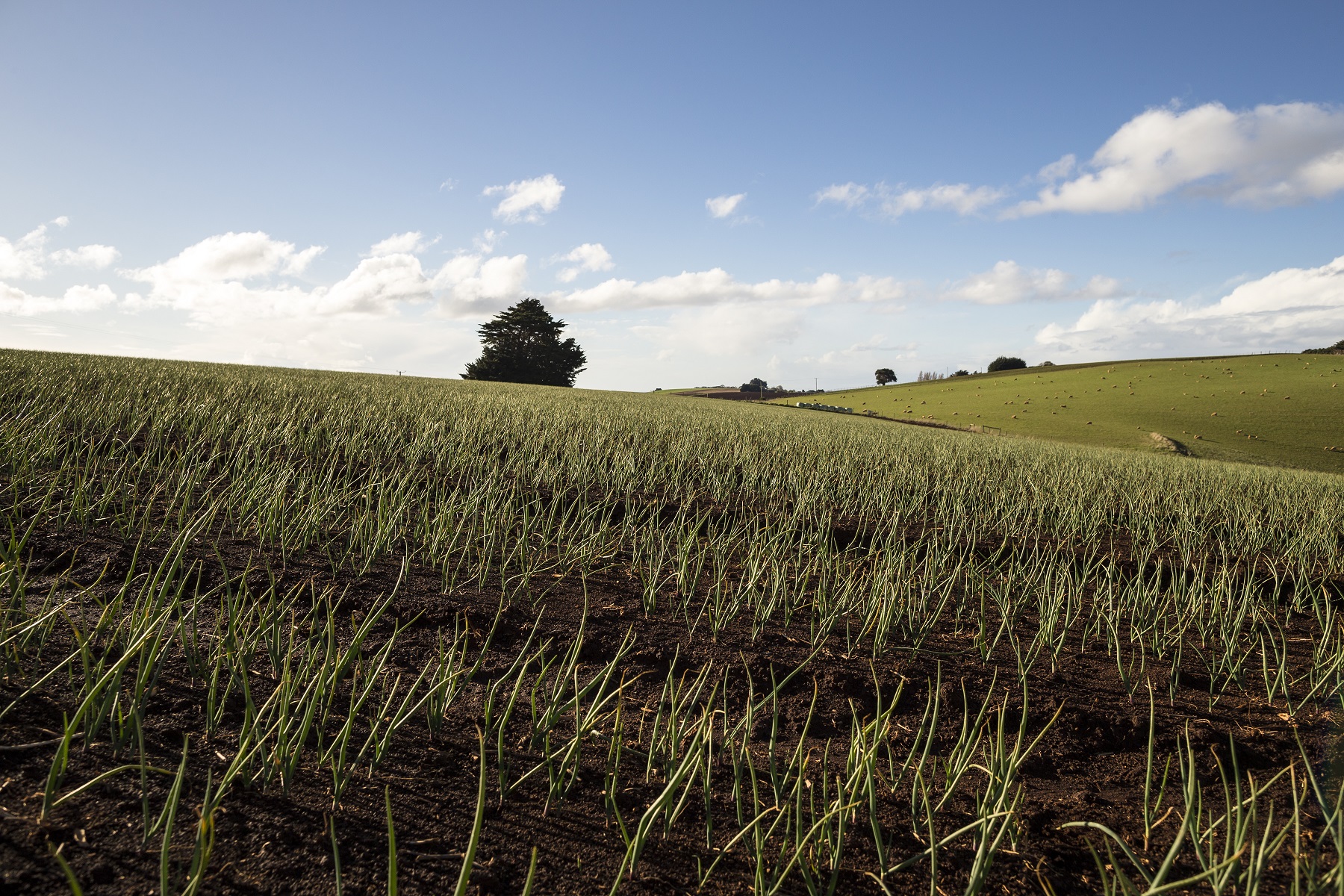Industry leaders look to 2022
From bushfires to a global pandemic, the last two years have resulted in significant disruptions to the vegetable industry. AUSVEG asked some of the horticulture industry’s leading figures about trends, insights and developments to look out for in 2022.
Ian Muir: Chairman, E. E. Muir & Sons
As a result of the unprecedented times that we have all experienced over the last 18 months, there is now a focus on the continued secure supply of those inputs that we all require to continue to run our businesses and lives.
This focus is appearing across all industries and lifestyles, and ranges from necessities to the labour we all need to operate our businesses.
Border closures have certainly caused issues to many businesses, and this has been reflected globally, where the international demand for basic commodity inputs has escalated.
In addition to this increased demand, there has also been significant shortage in shipping container availability, leading to considerable increases in the cost of international freight. Shipping companies are now making selected decisions on what goods and containers they are accepting and prioritising for shipment.
The impact on our industry is yet to be fully felt, and it can be expected that product prices will reflect this increase in demand, and the increases in freight rates.
As an industry, we are very dependent on the importation of many of the seeds, crop protection and nutritional products that we use. Many Australian suppliers have made considerable plans to bring their products into the country earlier than normal.
Seasonal factors such as weather conditions and rainfall will naturally influence the use of these input products, and as such will determine their availability.
We would hope that nature is kind to us over the summer and autumn seasons, and that everyone can experience a very good business period as we all emerge from the lockdown period that has dominated our recent lives.
Paul Luxton: Managing Director and Country Head, Syngenta ANZ
Syngenta has witnessed many growers across the country this year again expertly balance risk and opportunity.
It is with some admiration we observe the industry continuously moving forward and at times adapting on-the-run to meet labour shortage challenges and enact in-house covid management strategies.
The global pandemic has led to many changes in our lives, and we will have to face challenges with global supply chains as freight services worldwide have become increasingly hard to source. Reliability of shipment dates has reduced, and production of crop protection active ingredients is being constrained in key countries.
While we continue to manufacture a significant amount of our crop protection volume locally, the influence of global disruptions on raw material and freight availability will lead to supply disruptions so I encourage you to work with your retailers to plan ahead. Despite these challenges, growers have and will continue to find a way forward and ensure households are fed healthy and nutritious vegetables each and every day across Australia.
With limited travel options available across the major growing regions, it has reminded us all just how critical local connections, initiatives and partnerships are. The ability to demonstrate, position and deliver new genetic technologies and crop protection innovations is something we are proud of within Syngenta, and we thank all growers for welcoming our local Syngenta team members into your businesses.
We value this engagement and the opportunity to understand your requirements better.
Stephen Titze: President, Incitec Pivot Fertilisers 
Sustainability has increasingly become a top priority for businesses across all sectors. This is especially true for agriculture as global demand for food and sustainable produce increases.
Looking into 2022 and beyond, growers will need access to a range of specialised agronomic products and services if they are to meet the profitability, productivity and sustainability challenges before us all.
Plant nutrition, similar to human nutrition, is essential to growing a quality crop and ensuring the health of the soil, many farmers’ most important asset.
Data driven decision making based on solid science and precision farming technologies will be integral to improvements in plant nutrition, soil health, environmental outcomes and profitability.
Whether it’s using soil health testing and tailored agronomic advice to better understand and improve overall soil health and productivity outcomes – or leveraging precision agriculture technologies and custom blending techniques to accurately meet the nutritional needs of crops – data and technology will be the key to success.
The role of research and development will continue to be critical in delivering new technologies that will help shape the future of our sector.
Our recent investment in the Australian Research Council Research Hub for Smart Fertilisers at the University of Melbourne brings together more than 20 researchers from plant and soil science, chemistry and chemical engineering. This is to improve our understanding of Australian soils and their microbiome with the aim of developing a new class of more sustainable ‘smart fertilisers’ and inhibitors to increase the efficiency of nitrogen use by up to 20 per cent, making a significant contribution to agriculture and the environment.
The challenge of profitably and sustainably producing increasing volumes of food in the Australian context is one we understand well.
Our aim is to deliver a range of market leading products and services that give growers more sustainable plant nutrition solutions, helping them manage input costs, increase crop yields and improve the health of their most valuable asset: their soil.

